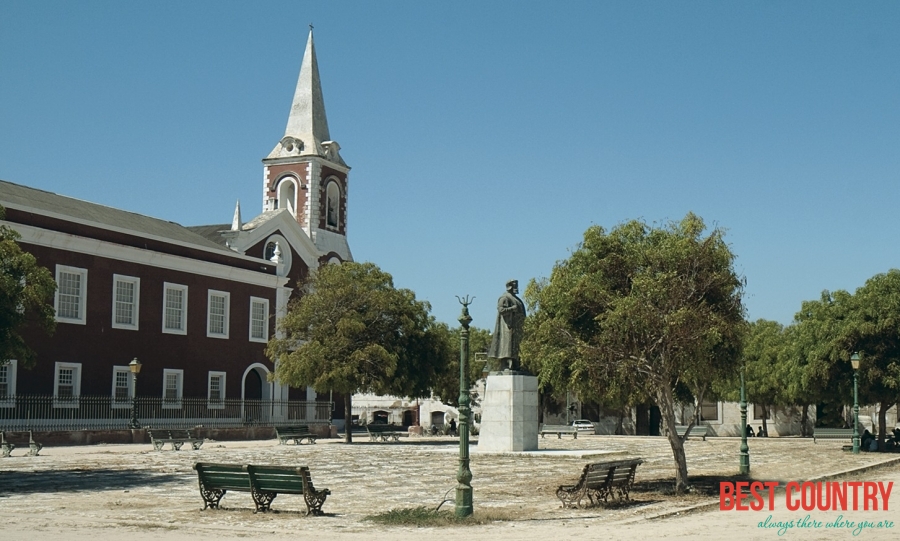Religion in Mozambique

Religious communities are dispersed throughout the country. The northern provinces are predominantly Muslim, particularly along the coastal strip, but some areas of the northern interior have a stronger concentration of Protestant or Catholic communities.Protestants and Catholics are generally more numerous in the southern and central regions, but Muslim minority populations are also present in these areas.
he National Directorate of Religious Affairs in the Ministry of Justice states evangelical Christians represent the fastest growing religious group in the country. Generally religious communities tend to draw their members from across ethnic, political, economic, and racial lines.
There are 732 religious denominations and 144 religious organizations registered with the Department of Religious Affairs of the Ministry of Justice.[5] During the reporting period 10 denominations and 20 religious organizations were registered.
Major Christian religious groups include Anglican, Baptist, The Church of Jesus Christ of Latter-day Saints (LDS Church), Congregational, Methodist, Nazarene, Presbyterian, Jehovah's Witnesses, Roman Catholic, Seventh-day Adventist, and Universal Church of the Kingdom of God, as well as evangelical, apostolic, and Pentecostal churches.
Many small, independent Protestant and Catholic churches that have split from mainstream denominations fuse African traditional beliefs and practices within a Christian framework.
The overwhelming majority of Muslims are Sunni belonging to Shafi school of jurisprudence influenced with Sufism, with a tiny Shi'a minority (a few families) principally of South Asian origin.
The growing South Asian immigrant population is predominantly Sunni Muslim and follows the Hanafi school of Islamic jurisprudence.[5] The three principal Islamic organizations are the Islamic Congress, the Islamic Council, and the [Asian] Muslim Community. The Kuwaiti-funded and Sudanese-managed nongovernmental organization (NGO) African Muslim Agency conducted humanitarian work, as did the Muslim development agency Aga Khan.
Jewish, Hindu, Faith groups are registered and constitute a very small percentage of the population.
The country's leading mosques and the Catholic Church have tried to eliminate some traditional indigenous practices from their places of worship, instituting practices that reflect a stricter interpretation of sacred texts; however, some Christian and Muslim adherents continue to incorporate traditional practices and rituals, and religious authorities have generally been permissive of such practices.
Foreign missionary groups operate freely in the country.[5] Some groups offer religious teaching centers to their local communities, while others provide scholarships for students to study in their respective countries.
The Constitution provides for freedom of religion, and the Government generally respects this right in practice.